Faculty
The DC MatureTissue programme is based on a network of researchers at UASTW and TUW, who either have been collaborating for a number of years or have recently started a collaboration. Importantly, strong common goals have been identified among all faculty members in the area of maturation of in vitro tissue models, which emerge from different interests and aspects. The doc.funds.connect is hence a perfect platform to provide a foundation for these joint interests on the basis of the DC MatureTissue, and is expected to bring the involved groups closer together solidify the collaborations and strengthen the consortium on the national or European level.
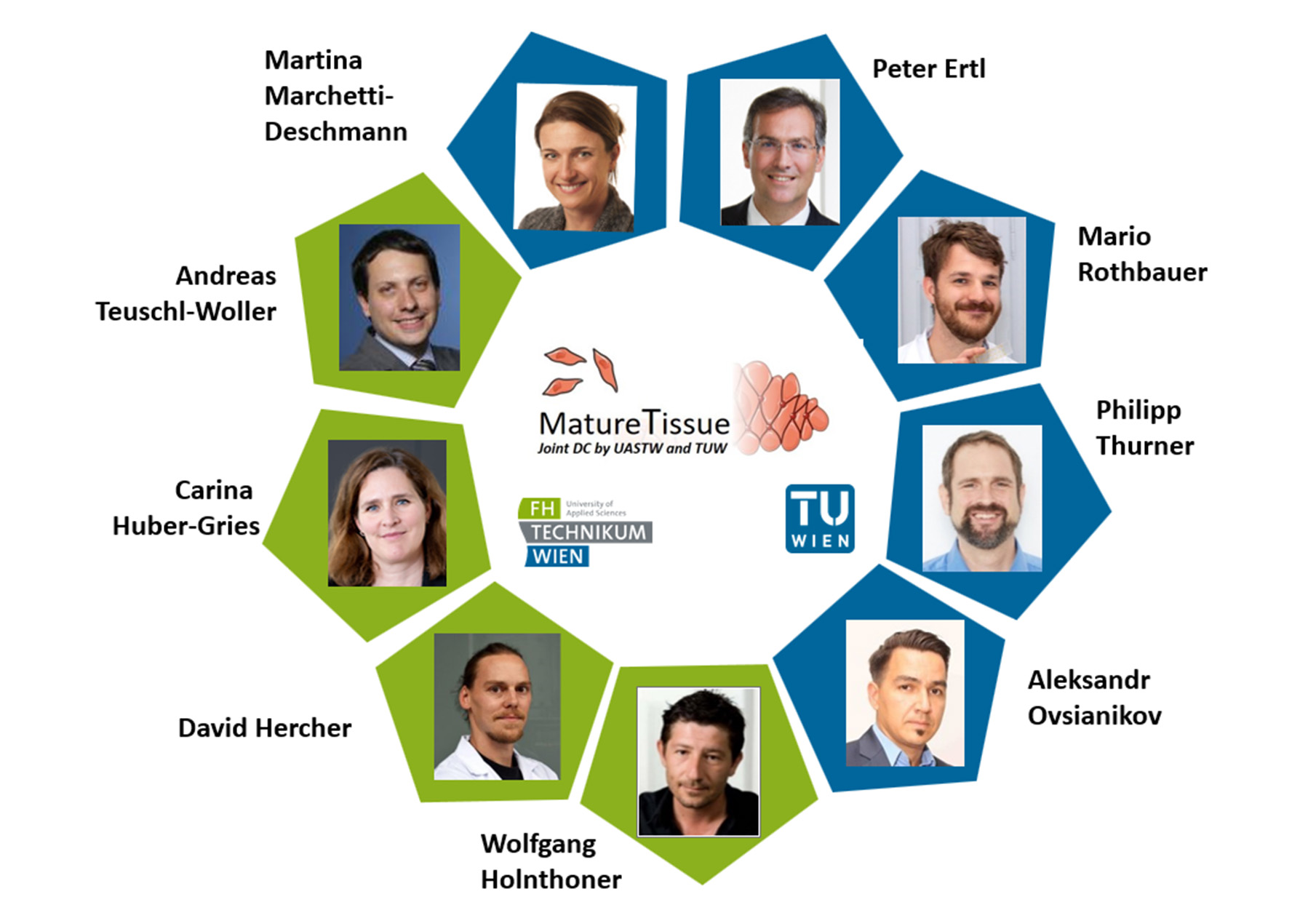
Faculty TEAM
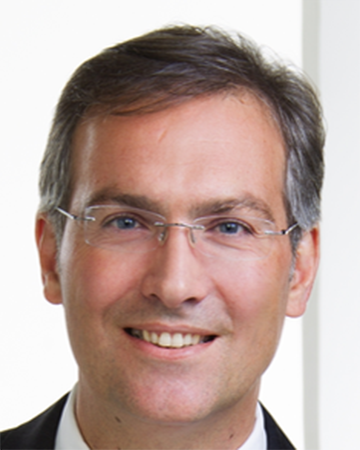
Peter Ertl
Dr. Peter Ertl is Professor of Lab-on-a-Chip Systems for Bioscience Technologies at the Faculty of Technical Chemistry. His research focuses on the development of advanced in vitro diagnostic microsystems, lab-on-a-chip technologies and organ-on-a-chip systems. Dr. Ertl is also founder and speaker of the Austrian Microfluidic Initiative, Editor-in-Chief of the open access journal Organs-on-a-Chip and Chief Technology officer (CTO) of SAICO Biosystems KG as well as Co-founder of Pregnerate GmbH.
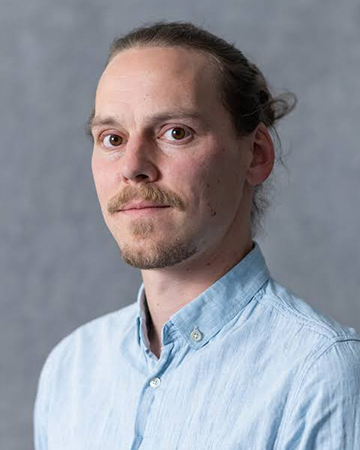
David Hercher
His main research focus is the investigation of regenerative processes after injuries, with special emphasis on the nervous system, the elucidation of modes of action of mechanical stimuli on Schwann cells and tissues, as well as non-viral gene therapy and novel imaging modalities and their application in the field of regenerative medicine. His most important scientific findings include the identification of phenotypical commitment of motor and sensory Schwann cells after nerve injury, the development of a novel contrast agent-enhanced μCT 3D histology method for application in peripheral nerve regeneration, and novel findings of functional regeneration using automated gait analysis.
David Hercher is a molecular biologist by training, completed his Dr.med.scient. in medical sciences. He has published 23 peer-reviewed articles in international journals and presented his work at 26 national and international congresses. He is well-versed in molecular biology, tissue engineering, neuroscience, and preclinical animal models.
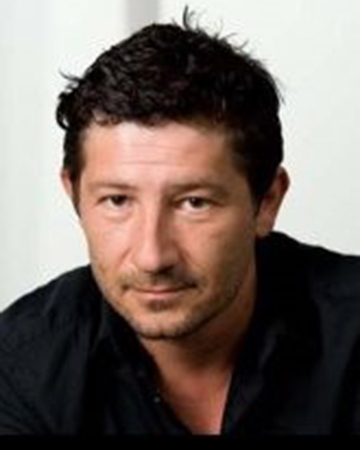
Wolfgang Holnthoner
Dr. Holnthoner is a trained endothelial cell biologist, interested in the basic functions of these cells in vasculogenesis, angiogenesis and lymphangiogenesis. His group’s primary focus is the regeneration/engineering of microvascular structures. In addition, his research involves the integration of lymphatic vessels, since they are the ones, which transport the interstitial fluid in tissues back to the blood circulation, and without them human life would be inconceivable. Moreover, he strives to explore the emerging role of extracellular vesicles (EV) in intercellular communication. These efforts contribute to the development of therapies aimed for regeneration of diseased tissues. Moreover, he is ccredited Supervisor in the PhD program “Vascular Biology” at the Medical University of Vienna.
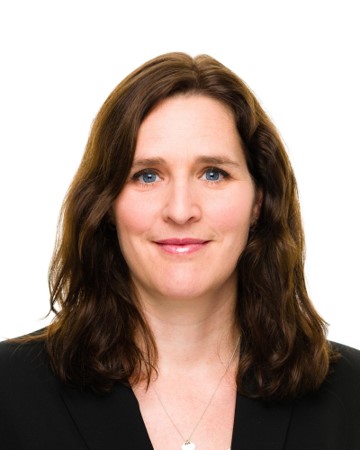
Carina Huber-Gries
Dr. Carina Huber-Gries studied food- and biotechnology at the University of Natural Ressources and Life Sciences (BOKU) in Vienna. She worked within the research group NanoBiotechology at BOKU in the group “Molecular Biotechnolgoy” and completed several research stays at the Max Planck Intitue for Polymer Research in Mainz, Germany. Her most important research achievement at BOKU was the design and construction of a DNA-biochip based on S-Layer-Streptavidin fusion proteins. AT UASTW she is the head of the Department Life Science Engineering and her main research interests are bioreactor and microfluidic systems. In the latter one she was successful to establish a microfluidic facility at the UASTW, which is mainly used for R&D projects with industry as well as academic partners. Her strong expertise in molecular biotechnology give important impulses in the development of tissue models as well as bioreactor models at the UASTW.
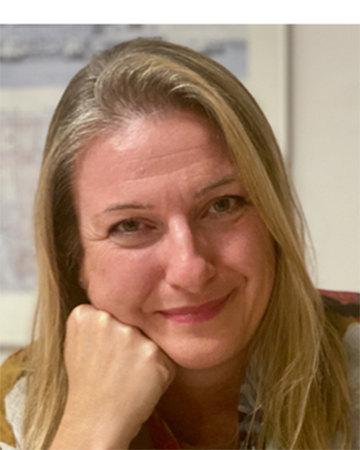
Martina Marchetti-Deschmann
Dr. Martina Marchetti-Deschmann is Full Professor for Mass Spectrometric Methods / Analytical Chemistry. Heading the Research Group of Mass Spectrometric Bio- and Polymer Analysis in the Research Division of Imaging and Instrumental Analytical Chemistry focusing on method /instrumentation development. Recently she focused on correlative and multimodal imaging allowing comprehensive knowledge collection across the scales, including MS imaging, a method enabling the mapping of thousands of molecules within biological systems.
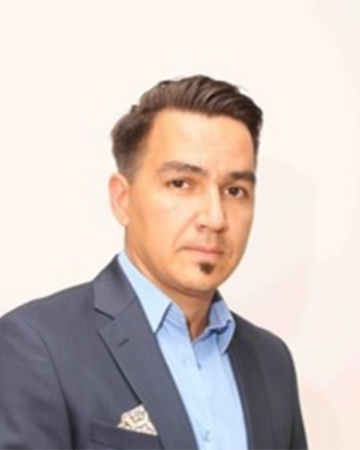
Aleksandr Ovsianikov
Dr. Aleksandr Ovsianikov is Professor and the Head of the research group 3D Printing and Biofabrication. His research is dealing with the use of additive manufacturing technologies and bioprinting for tissue engineering and regeneration. Dr. Ovsianikov was awarded prestigious ERC Starting Grant in 2012 and an ERC Consolidator Grant in 2017 for projects aimed at these topics. He is also a co-founder and a head of research of a TU Wien spin-off UpNano.
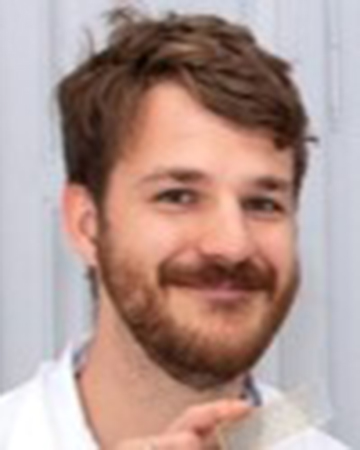
Mario Rothbauer
His interdisciplinary background brings together cell biology, chemistry, engineering, material science, microfabrication, biosensing, and bioengineering to develop miniaturized integrated systems for in vitro cell cultures, 3D cellular assemblies, and tissue-like structures. The aim is to understand dynamic cellular responses to extrinsic and intrinsic stimuli as well as systemic stress factors governing human disease. Currently, his research group focuses on chip-based musculoskeletal disease models for osteoarthritis and rheumatoid arthritis. The overall goal of his research is the establishment of next-generation human disease models free of animal products as a true alternative to reduce—and perhaps someday even replace—animal models for basic research, translational medicine, and pharmaceutical drug screening.
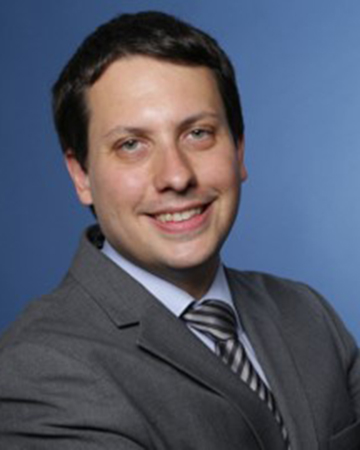
Andreas Teuschl-Woller
Dr. Teuschl-Woller studied chemical engineering at the University of Technology, Vienna. He finished his diploma thesis in 2008 and his PhD thesis in 2012, both in the field of structural proteins including collagen and silk protein at the Ludwig Boltzmann Institute for Clinical and Experimental Traumatology/AUVA Research Center. In 2012 he joined the UAST and is currently heading the master study program “Tissue Engineering and Regenerative Medicine” and the research coordinator for “Tissue Engineering and Molecular Life Science Technologies”. In 2015 he was invited to join Prof. Kaplan’s lab at Tufts University in Boston for a 6-month research stay to pursue joint ideas on silk proteins for tissue engineering applications. Dr. Teuschl´s most important research results achieved to date are his work on silk fibroin as a biomaterial, where he invented a purification method for silk proteins and a novel modification strategy. proteins. Both techniques are used in the company Morphomed GmbH, which Dr. Teuschl co-funded. Further achievements of his scientific career are the design and establishment of variour bioreactor systems at the UASTW.
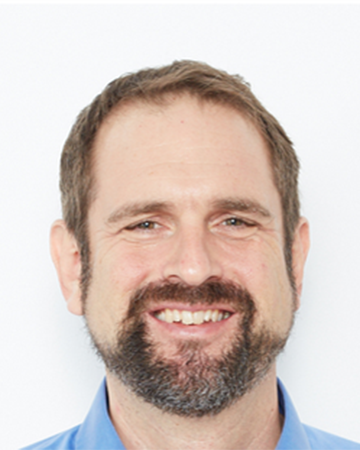
Philipp Thurner
Dr. Philipp Thurner is Professor of Biomechanics at the Institute of Lightweight Design and Structural Biomechanics (ILSB). He is head of the Research Division Biomechanics and head of the ILSB. His research is focused on the micro-and nano-mechanics of biological tissue based on the idea that mechanical characterization of biological tissue biopsies will aid diagnosis and treatment of diseases in the future, and can so complement and inform correlative imaging approaches including classical clinical imaging techniques.
